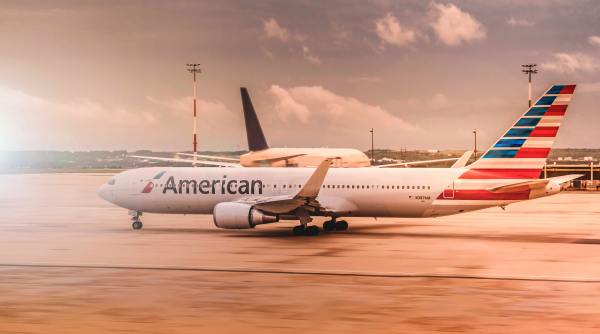Assessing Recent Challenges at Boeing

In the realm of aviation, Boeing has long been revered for its innovation, reliability, and commitment to safety. However, recent incidents have cast a shadow over the company's reputation, raising concerns among travelers and industry experts alike. From explosive decompressions to manufacturing quality control issues, Boeing is at the center of a storm of scrutiny (Wichter, 2024).
One incident that brought renewed attention to Boeing occurred in January when an Alaska Airlines flight experienced an explosive decompression, prompting an emergency landing. This incident, involving a Boeing 737 MAX aircraft, reignited concerns stemming from previous crashes involving the same model. Despite the alarming nature of these incidents, experts like Clint Balog, an associate professor at Embry-Riddle Aeronautical University, assert that Boeing's aircraft remain safe for travel (Wichter, 2024).
It's noteworthy that the prevalence of issues on Boeing aircraft is not inherently linked to Boeing's shortcomings. Instead, it primarily stems from the sheer number of Boeing aircraft in operation. With a larger fleet, it's statistically expected to encounter more issues, thus creating a perception of heightened problems. This disparity in numbers underscores that aviation incidents are more of a numbers game, with Boeing having a larger presence in the industry compared to other companies, resulting in a higher incidence of reported issues.
In response to the Alaska Airlines incident, the Federal Aviation Administration (FAA) initiated an audit of Boeing's manufacturing processes, revealing deficiencies in the company's safety culture. While this discovery is concerning, experts emphasize that these issues are not indicative of systemic flaws within the aviation industry as a whole. This perspective highlights the importance of maintaining a balanced view of the situation and acknowledging challenges while also recognizing the overall safety record of the industry (Wichter, 2024).
Laura Einsetler, a captain at a major U.S. airline, acknowledges the heightened awareness of aviation incidents in the age of social media but underscores that 2023 was, in fact, the safest year in the industry's history. She reassures passengers that the dedication and expertise of pilots ensure the safety of every flight (Wichter, 2024).
While recent incidents have garnered significant attention, it's crucial to understand that they do not define Boeing's legacy or the aviation industry as a whole. Every industry encounters challenges, and aviation is no exception. What sets aviation apart is its relentless commitment to learning from past mistakes and continuously improving safety protocols.
Boeing's challenges, however, extend beyond individual incidents. The company faces scrutiny over its manufacturing practices, with the FAA uncovering instances where Boeing allegedly failed to comply with quality control requirements. Such findings note the importance of robust oversight and accountability within the aerospace industry.
United Airlines has also experienced a string of incidents, including a stuck rudder pedal, an engine fire, and a wheel falling off a departing jet. While these events may raise concerns, experts emphasize that they are often the result of human error rather than inherent flaws in aircraft design or maintenance procedures.
As travelers grapple with these developments, it's essential to maintain perspective. Each incident undergoes rigorous investigation by authorities such as the National Transportation Safety Board (NTSB) and the FAA. These investigations delve deep into the root causes of accidents, informing regulatory measures and industry best practices to prevent future occurrences.
Looking ahead, the aviation industry must remain vigilant in addressing safety concerns and upholding the highest standards of excellence. While challenges may arise, the commitment to passenger safety remains unwavering. As Clint Balog aptly states, "No human endeavor is entirely safe, but commercial aviation remains one of the safest modes of transportation in the world" (Wichter, 2024).
While recent incidents have placed Boeing under intense scrutiny, travelers can take comfort in the industry's collective commitment to safety and continuous improvement. By learning from past mistakes and embracing a culture of accountability, aviation will continue to soar to new heights.
Reference
Wichter, Z. (2024, March 2). ‘I would happily fly any Boeing aircraft’: Experts say travelers should feel safe flying. USA TODAY. Retrieved March 22, 2024, from https://www.usatoday.com/story/travel/airline-news/2024/03/22/2024-boeing-incidents-expert-reactions/72969382007/
